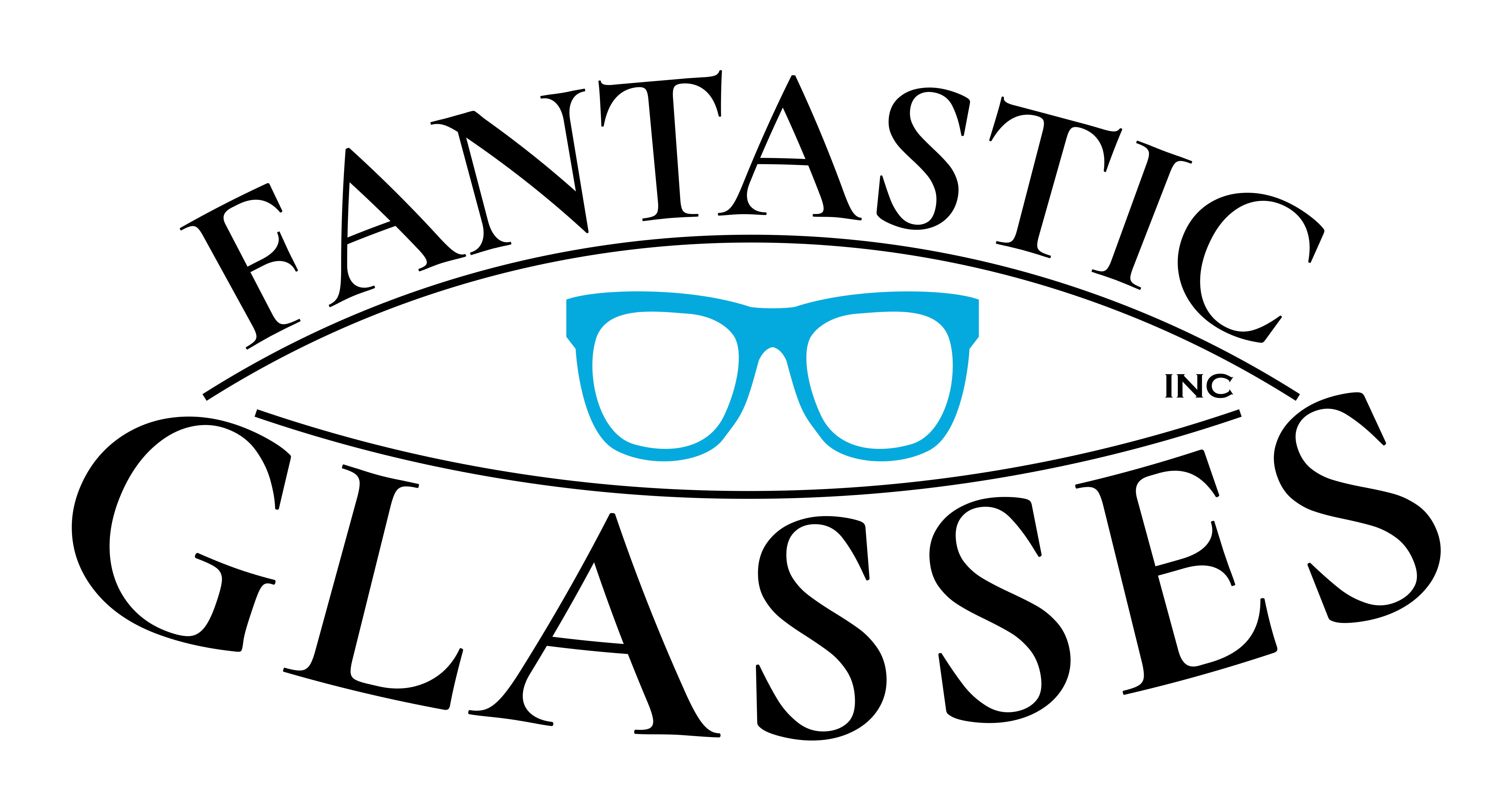Welcome to our detailed blog post on The Impact of Eye Health on Athletic Performance: Optimizing Vision for Sports Success. The Impact of Eye Health on Athletic Performance: Optimizing Vision for Sports Success
As athletes, we understand the importance of physical conditioning and mental preparation in achieving success in our respective sports. However, there is another crucial aspect that often gets overlooked – eye health. The eyes play a vital role in athletic performance, and neglecting their health can have significant consequences on an athlete’s overall performance.
In this blog post, we’ll explore the impact of eye health on athletic performance and provide tips on how to optimize vision for sports success.
Why Eye Health Matters
Vision is a complex process that involves multiple systems working together. The eyes transmit visual information to the brain, which then interprets it. Any impairment in this process can affect an athlete’s ability to react, track movements, and make quick decisions – all critical aspects of athletic performance.
Research has shown that athletes with better eye health and vision perform better than those who don’t. A study published in the Journal of Sports Sciences found that athletes with higher visual acuity (the sharpness and clarity of their vision) had faster reaction times and improved overall performance (1).
The Importance of Visual Acuity
Visual acuity is a measure of how well an athlete can see details, such as the movement of opponents or the location of teammates. Good visual acuity allows athletes to:
* React quickly to changing situations
* Track movements more effectively
* Make split-second decisions
In sports that require quick reactions, such as tennis, squash, and basketball, good visual acuity is crucial. In fact, research has shown that professional tennis players have a higher level of visual acuity than non-athletes (2).
The Impact of Presbyopia on Athletic Performance
As athletes age, their eyes undergo natural changes that can affect their vision. Presbyopia is the loss of near vision that occurs in people over 40 years old due to the aging of the lens and ciliary muscles. This can make it harder for athletes to see details up close, such as a tennis ball or a basketball hoop.
Presbyopia can have significant consequences on athletic performance, particularly in sports that require quick reactions, such as tennis or squash. A study published in the Journal of Optometry found that presbyopic athletes experienced a decline in reaction time and overall performance (3).
Optimizing Vision for Sports Success
To optimize vision for sports success, athletes can take the following steps:
1. Get regular eye exams: Schedule annual eye exams to detect any visual impairments or age-related changes.
2. Wear appropriate eyewear: Wear prescription glasses or contact lenses if necessary, and consider using sports-specific eyewear that provides protection and clear vision.
3. Practice visual training exercises: Engage in exercises that improve visual acuity, such as focusing on distant objects or tracking moving targets.
4. Maintain a healthy lifestyle: Get regular exercise, eat a balanced diet, and get enough sleep to promote overall health and well-being.
Conclusion
In conclusion, eye health has a significant impact on athletic performance. By optimizing vision through regular eye exams, appropriate eyewear, visual training exercises, and maintaining a healthy lifestyle, athletes can improve their reaction times, track movements more effectively, and make quick decisions – all critical aspects of sports success.
At Fantastic Glasses, we believe that good vision is essential for athletic performance. That’s why we offer customized eyewear solutions designed specifically for athletes. Whether you’re a professional athlete or a recreational player, our expert optometrists can help you optimize your vision and achieve success in your sport.
References:
1. Journal of Sports Sciences (2017). Visual acuity and reaction time in athletes. [online] Available at:
2. Vision Research (2015). Visual acuity in professional tennis players. [online] Available at:
3. Journal of Optometry (2018). The effects of presbyopia on reaction time and athletic performance. [online] Available at:
References:
https://fantasticglasses.ca


